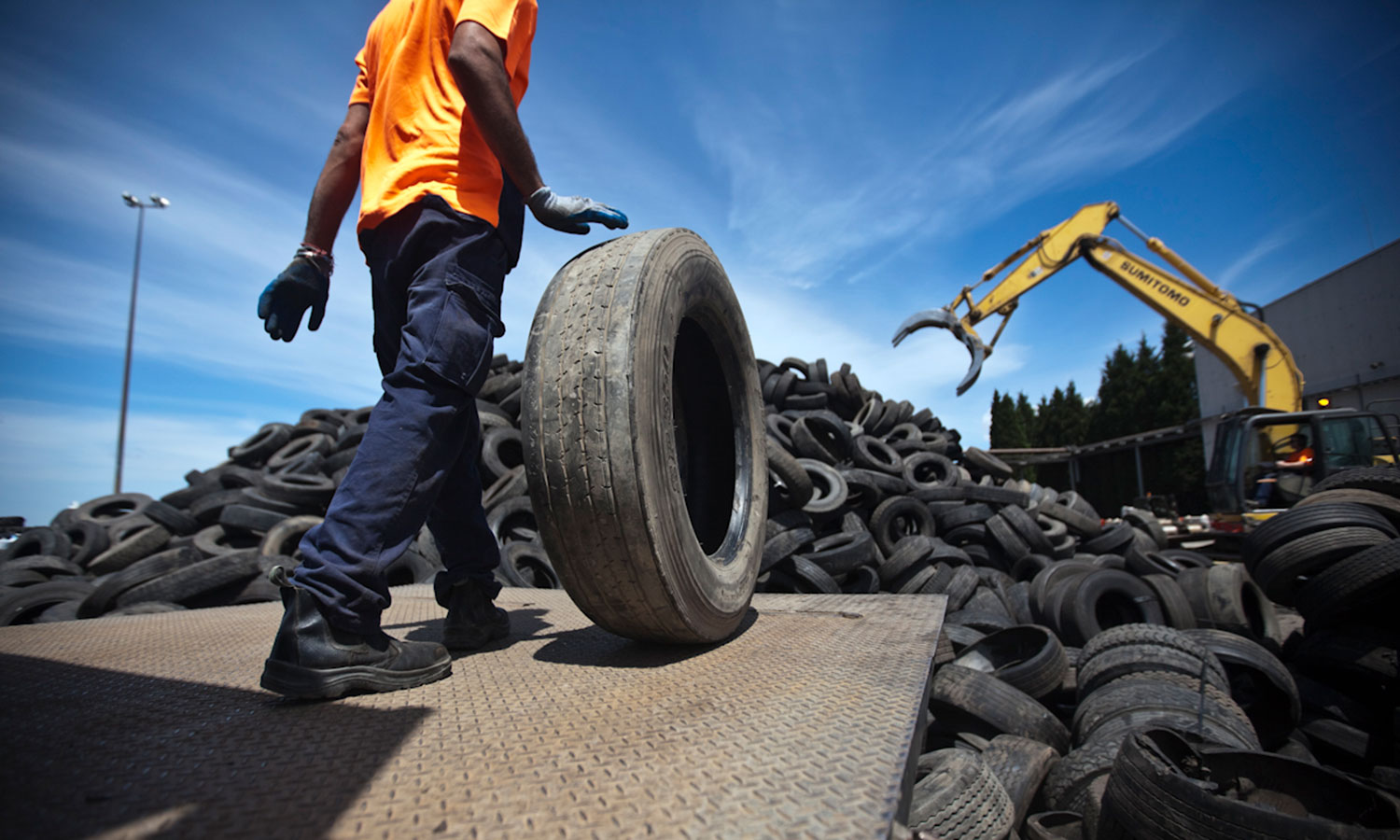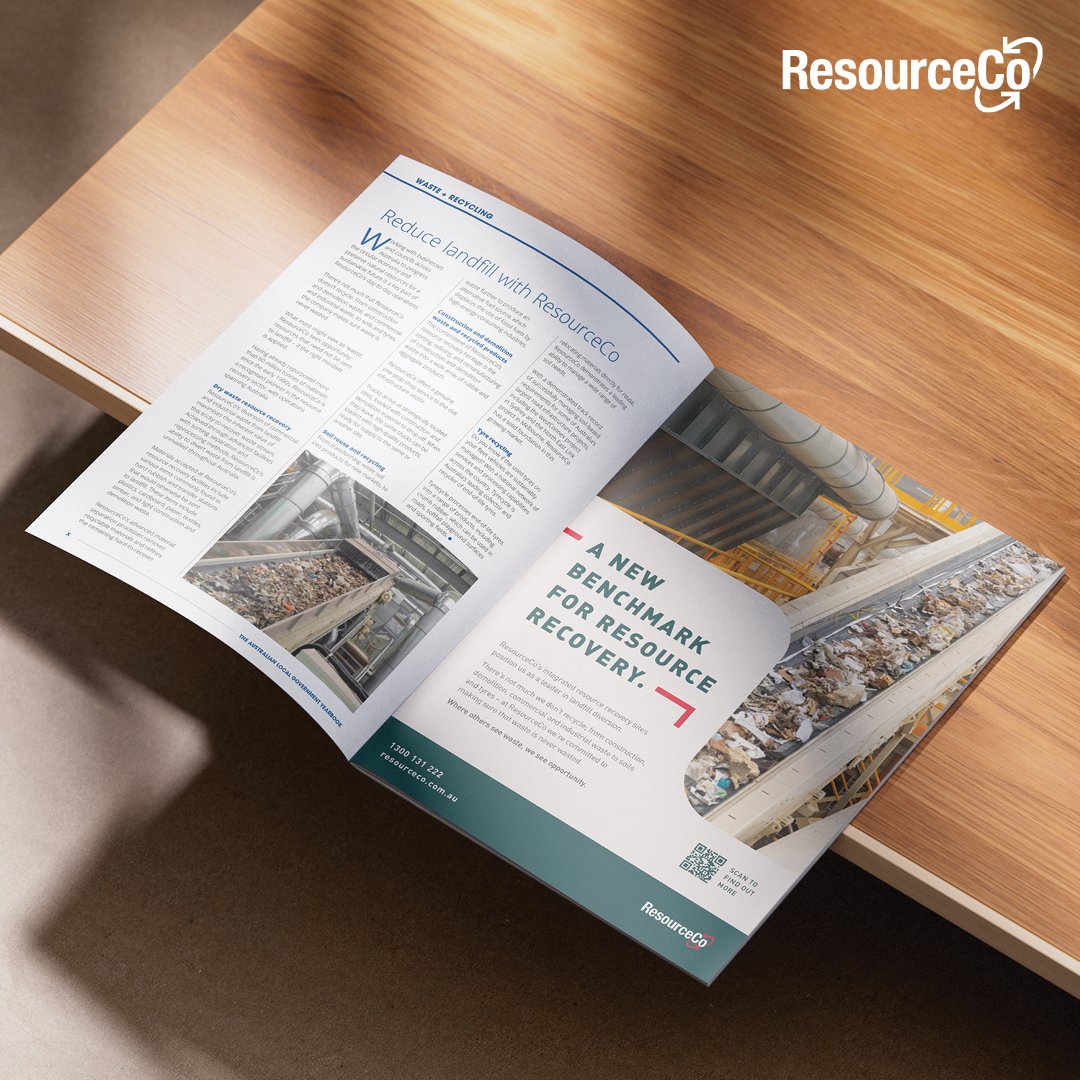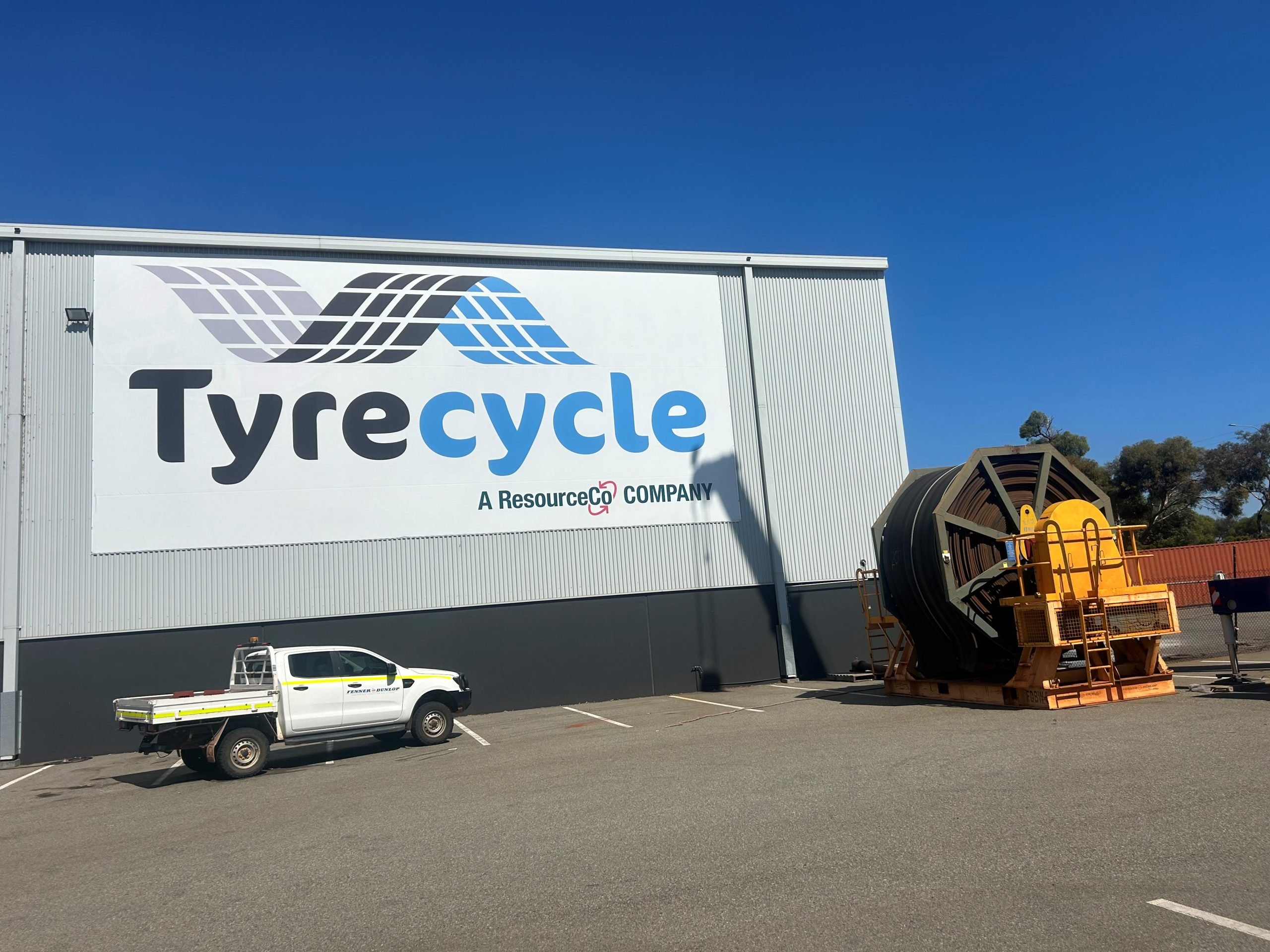

One of the largest producers of Tyre Derived Fuel (TDF) and Australia’s leading tyre recycler, ResourceCo, is making significant impact worldwide, in helping companies reduce their environmental footprint.
As TDF becomes increasingly recognised as an alternative fuel due to its high calorific value, the product is becoming a more attractive proposition to the cement industry.
Pavel Cech Managing Director ResourceCo Asia, says the company has a significant point of difference compared to others in the Australian end-of-life (ELT) tyre market, by offering ‘full visibility of chain of custody.’
“We have direct trading relationships with various cement kilns across Southeast Asia and can track where our material goes,” Mr Cech says.
“By dealing directly with overseas TDF purchasers, it gives us and our disposal customers quality assurance that all materials reach their intended destination.”
The demand for the company’s TDF is growing rapidly, with the company currently trading about 120,000 metric tonnes annually, and importantly diverting Australian tyres away from landfill.
Compared to coal, TDF is not only more cost effective but provides a superior environmental outcome by reducing the use of landfill and also the demand for a fossil fuel.
“We’re exporting from Australia to high-end industrial facilities such as Ssangyong Cement in South Korea,” Mr Cech says.
“There is a huge drive in South Korea towards renewable energy across a variety of industries, and demand for ResourceCo’s TDF is increasing rapidly as users look to secure good quality management of the product and follow the chain of custody,” he says.
“South Korea and companies such as SsangYong Cement are definitely the movers and shakers of the TDF market, as they are proactively managing their future carbon footprint – now is the time to act.
“The clock is ticking on what implication future carbon taxes will have on industries such as the cement sector.
“We are already seeing cement companies in some geographies applying strategies and planning for the future carbon footprint implications of taxes, to ensure they are best placed for eventual carbon crediting.
“Pressure is mounting both internationally and regionally on the introduction of new carbon credit systems, where certain industries including the cement sector will be penalised for their carbon footprint.
“We have customers who are proactively planning for this and are already securing TDF for the long-term to ensure they stay ahead of the game.
“They’re building and remodelling plants in readiness for their eligibility for potential carbon credits, and as a proof point for their environmental responsibility.
“This is certainly putting pressure on other cement plants to do the same and challenging the industry as a whole to think about any upcoming carbon abatement mechanisms.”
What makes quality TDF desirable to the cement industry?
- Cost effective
- Consistent product quality – high calorific value with a significant biomass content
- Physically and chemically stable alternative fuel
“The reduction of greenhouse gas emissions is substantial when you consider we’re converting the majority of used passenger and truck tyres into TDF,” Mr Cech says.
“Our commitment is to eliminate the sending of tyres to landfill or whole baled tyres being sent off-shore.
“We’re extremely proud to be the only TDF producer in Australia that can guarantee a full chain of custody for all materials received, processed and supplied; ensuring TDF is used in an environmentally responsible way.”
The TDF is also manufactured in accordance with strict specifications and regulations, and in line with all Environmental Protection Agency (EPA) and Council approvals.
As a globally traded commodity, TDF burns cleaner and hotter than brown coal combined with lower moisture, sulphur, nitrogen and ash outputs.
TDF can be broadly compared to emissions from natural gas according to an independent report, ‘Carbon Value Proposition, Resource Recovery using Tyre Derived Fuel (TDF),’ prepared for Australian Tyre Recyclers Association (ATRA).
Its revealed one tonne of TDF can save greenhouse gas emissions of up to 1.05 tonnes of CO2 into the atmosphere if it’s used to replace one tonne of black coal.
- Tyrecycle’s operations reduce Australia’s greenhouse gas emissions by 100,000 tonnes annually. That’s equivalent to taking 21, 276 cars off Australian roads.
- Every tonne of tyres recycled replaces the annual production of 35 rubber trees.
- Tyrecycle conserves 61,200 hectares of native forests.
The supply of TDF as an alternative fuel to Asian markets is being further developed by ResourceCo Asia.
“Global demand for quality TDF is increasing among a variety of industries and we’re now collaborating with customers in Japan to produce tailor-made products,” Mr Cech says
“There is still enormous opportunity to optimise the use of TDF to increase resource recovery and lower greenhouse gas emissions,” he says.
“Our role is vital to ensure Australia’s end-of-life tyres are managed in an efficient, environmentally sound and socially responsible manner – decreasing the number of tyres entering waste streams and landfill.”

